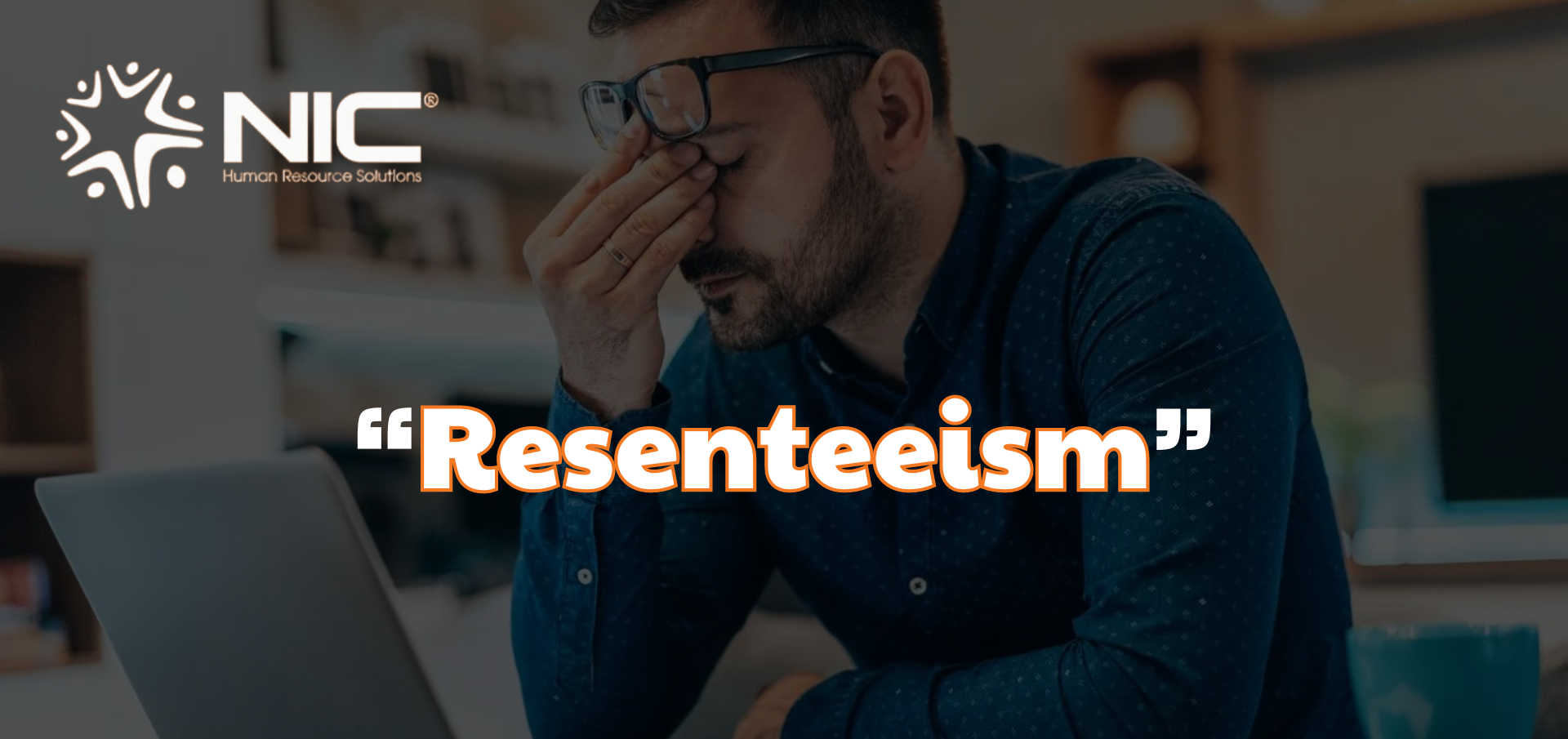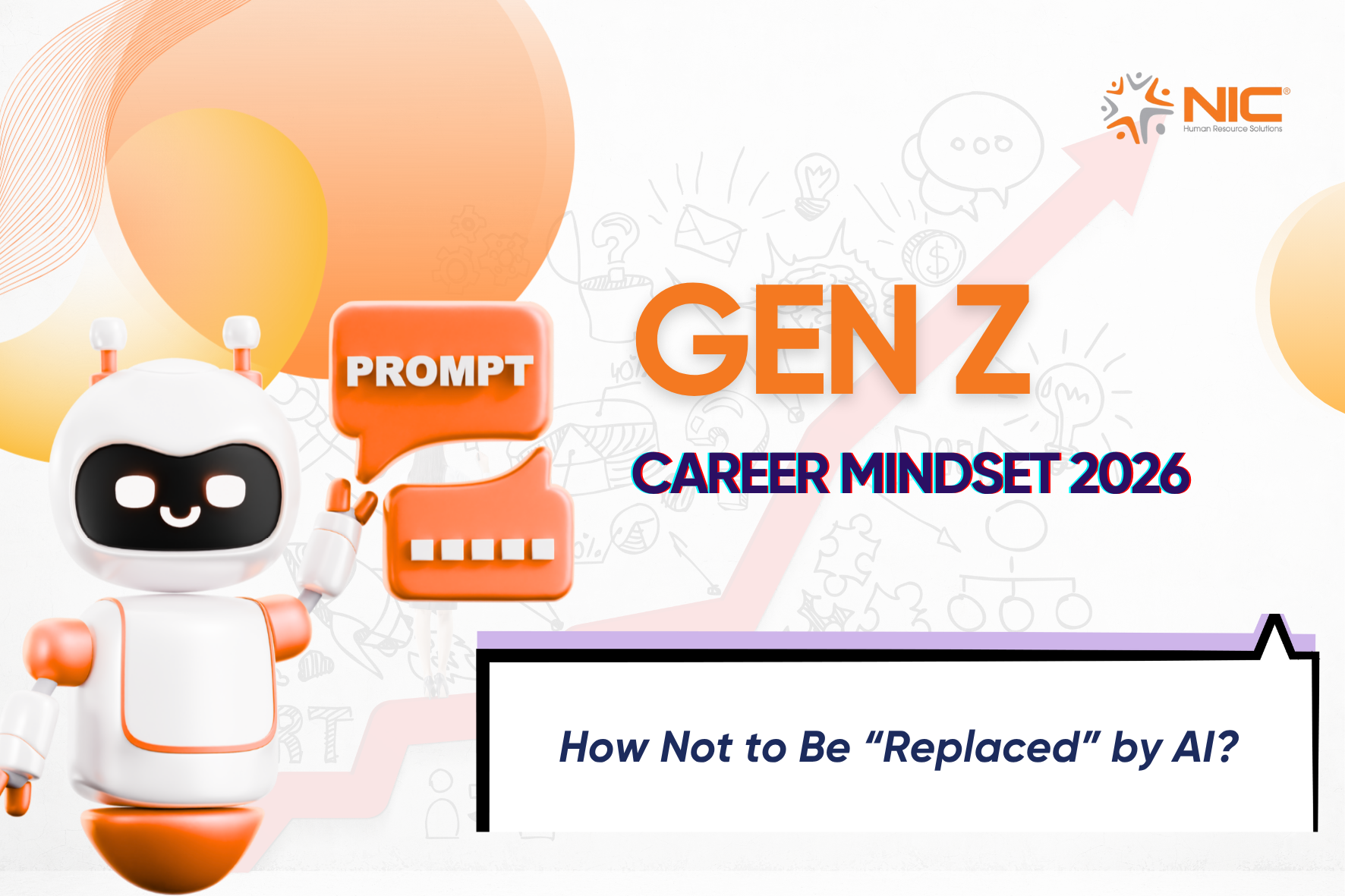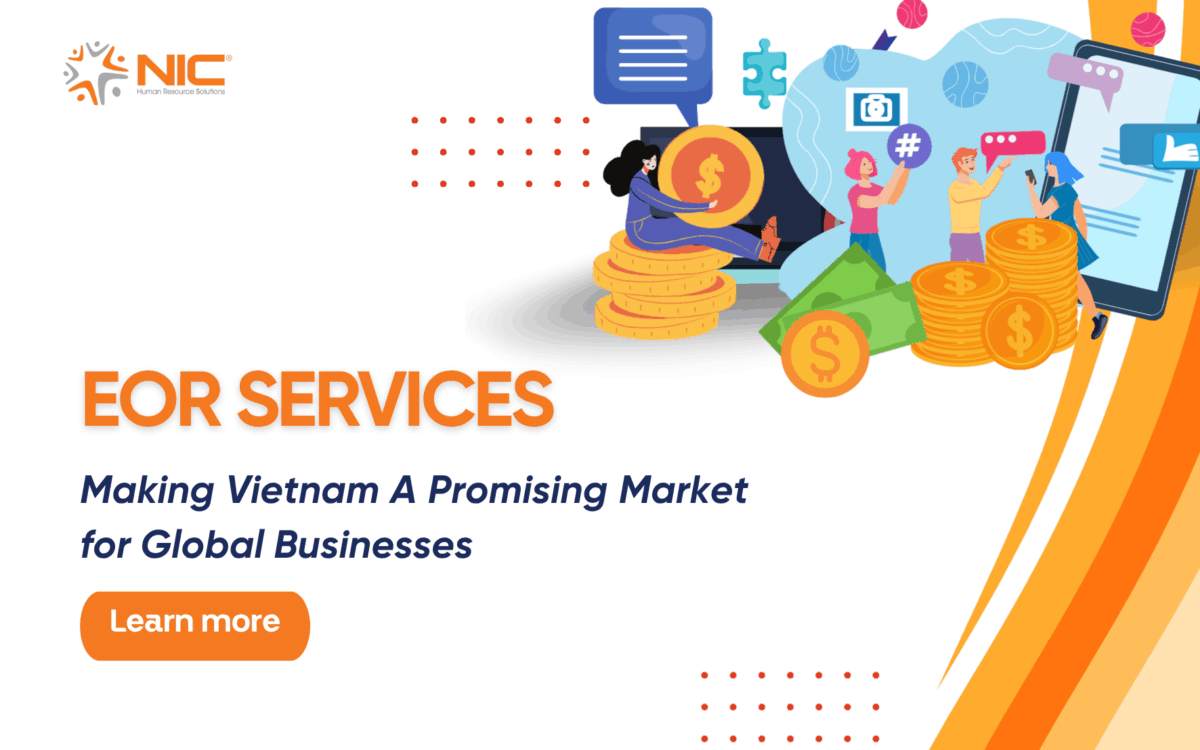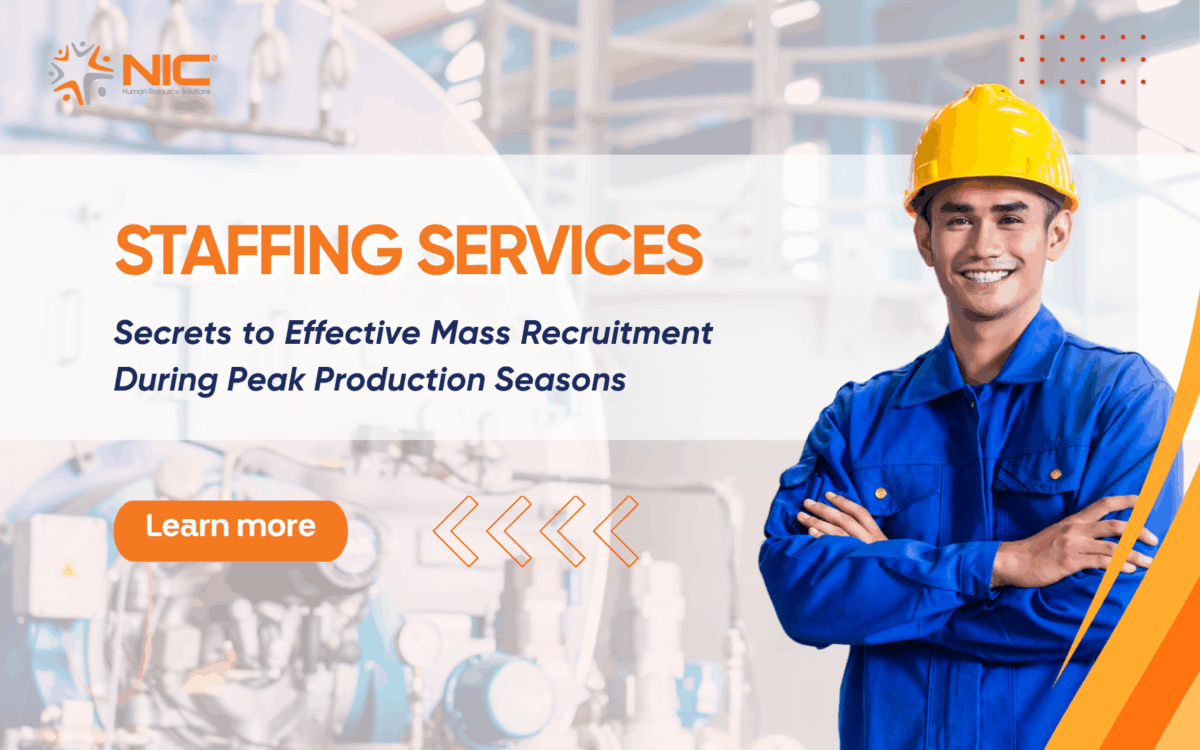Are we barrelling towards a period of organizational ennui? - Resenteeism
25/9/2024
The highest-ever recorded levels of change fatigue, a rise in “resenteeism”, and misaligned communication about organizational growth could be a recipe for a disengaged and disgruntled workforce. Here’s how you can reverse the impact of organizational ennui.
We’re now witnessing a phenomenon known as change fatigue, and worse, it’s leading to a new buzzword in the workplace: resenteeism. Employees may not be quitting their jobs but harboring resentment towards their employers. This is a dangerous trend that HR must address before it becomes a crisis.

According to a recent Gartner survey (April – June 2024), only 22.8% of the global workforce rates themselves as “highly engaged.” In Australia alone, perceptions of innovative workplaces have dropped to an all-time low of 14%, a sharp decline from 24.5% in 2021.
As Aaron McEwan, Vice President of Research and Advisory at Gartner, points out, “We went from the Great Resignation to Quiet Quitting, and now we’re moving into this new buzzword: resenteeism. This is where people are resentful of their employer. They’re not planning on going anywhere, but they’re resentful.”
This trend has serious implications for businesses, and HR leaders are uniquely positioned to combat it.
What’s Fueling Change Fatigue and Resenteeism?
- Continuous Transformation Without Stability: Many organizations are pushing for constant innovation and transformation without pausing to assess if their workforce is ready for the next wave of change. As McEwan puts it, “If you had a piece of machinery that had been running at 5000 revs for the past three and a half years, you’d be a little bit worried about the wear and tear on that.” The same goes for your employees. Without moments of stability, even the best teams can suffer burnout.
- Lack of Clear Communication and Trust: The return-to-office mandates and the aggressive push for AI adoption have left many employees feeling like their employers no longer trust them. As McEwan highlights, “We trusted you then; you stepped up and productivity went through the roof… but now we don’t trust you. That’s a rather negative message.”

3. Disconnect Between Leaders and Employees: During the pandemic, leaders were praised for being empathetic and caring. Now, as we transition back into growth mode, there’s a sense that leaders are more focused on technology and efficiency, forgetting the human element that drives innovation. “It sends the message: ‘We don’t need you,’” says McEwan.
The Role of HR in Reversing Organisational Ennui
So, what can HR do to combat change fatigue and re-engage employees?

- Create Pockets of Calm Amidst Transformation: Instead of overwhelming employees with blanket transformation initiatives, HR can play a vital role by segmenting the workforce. McEwan suggests starting with change-ready units and giving other teams time to recover and prepare. This approach helps create pockets of stability while still moving forward with essential business transformations.
- Champion Human-Centric Innovation: While AI and technology will undoubtedly drive future growth, HR must reconnect employees with the message that they are still at the heart of innovation. As McEwan notes, “At the moment, my take is that the workforce feels like technology transformation is something being imposed upon them, rather than something that they are not just a part of, but integral to.” HR should champion the mindset that growth and innovation come from the human workforce.
3. Realign Purpose and Recognition: Many employees are questioning the “point” of work, especially as financial stability becomes more elusive. HR has a unique opportunity to realign employees with a sense of purpose. By recognizing and rewarding their contributions, HR can remind employees of their critical role in the company’s success. As McEwan puts it, “I’ve never met someone who doesn’t like getting a pat on the back for their hard work.”
The Importance of Leadership Development
Today’s leaders are expected to wear many hats: strategists, empathizers, innovators, and humanitarians. This is no easy task, and it’s no surprise that many people are now reluctant to take on managerial roles. As McEwan points out, “People don’t want to be managers anymore because you have to carry cognitive dissonance 24/7 to be a leader today.”
To equip leaders with the right skills to inspire their teams through turbulent times, HR should invest in leadership development programs that focus on:
- Emotional intelligence: Helping leaders understand and manage the emotional needs of their teams.
- Communication skills: Ensuring leaders can effectively communicate the importance of both human and technological contributions to growth.
- Change management: Giving leaders the tools to guide their teams through periods of change without overwhelming them.
Moving Forward: HR as a Stabilizing Force
The world is changing at a rapid pace, and businesses must keep up to stay competitive. However, constant change without stability is leading to a disengaged and disgruntled workforce. HR leaders can play a pivotal role in ensuring that organizational transformation doesn’t lead to organizational ennui.
By creating stability, championing human innovation, and investing in leadership development, HR can help reverse the tide of resenteeism and bring about a more engaged, motivated, and inspired workforce.
At NIC Global, we understand the critical role HR plays in navigating these challenges. Our tailored solutions help businesses manage change effectively while keeping their workforce engaged and thriving. Let’s work together to build a resilient, future-ready workforce.
How are you managing change in your organization? Reach out to NIC Global for expert guidance on how to lead through transformation.
For contact and support:
Facebook: NIC Global – Human Resource Solutions
Linkedin: NIC Global Sourcing JSC
Website: www.nicvn.com
Email: info@nicvn.com
Hotline: 0981.23.43.76
Address:
- Hanoi Office: No. 3A Thi Sach, Pham Dinh Ho Ward, Hai Ba Trung District, Hanoi, Vietnam
- Ho Chi Minh City Office: Dakao Center Building, 35 Mac Dinh Chi, District 1, Ho Chi Minh City, Vietnam
See more:
Payroll service
Staffing service
EOR service





